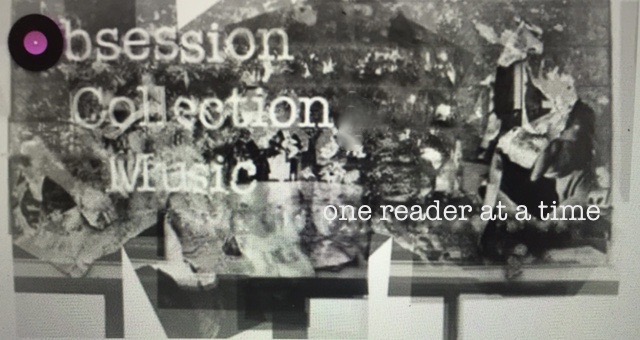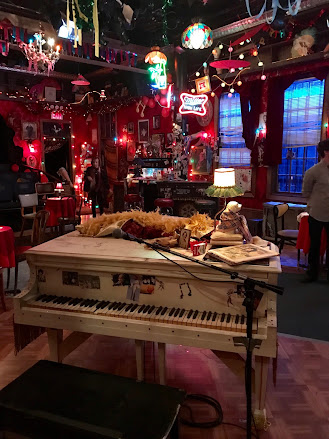The main character in Will Stratton's outstanding new release, Points Of Origin, is climate change. Stratton writes a disclaimer on the inside sleeve; like all good works of fiction, it seeks verisimilitude.
Will Stratton's gorgeous, warm, inviting tenor, instrumentation, and composition are like the painter Mirandi's palette: refined and subtle, resulting in a tranquil, quietly arresting, and stoic aesthetic. It is like a lullaby, lulling us to sleep, mimicking our resignation and compliance, hoping none of this is true. As the desert only grows, the lakes become smaller, and the fires rage. Methodically rendered piano, guitar plucking, pedal steel, violin, mandolin, bass notes, and the soft brush of the drum kit. Only a few tracks have waves of horns and harmonies to wake us up from our collective stupor of dissonance.
The slew of individuals woven into these songs are drifters, workers, rangers, firefighter prisoners, and transients trying to find their footing or a plot of land. The wounded psyche of the arsonist, with his attraction to chaos and people from all walks of life, finds commonality in a beloved local bar. Some characters didn't make it and died within a song, and some are bearing witness.
Stratton's acute writing skills bring the places and stories to life, intertwining environmental science, geology, history, and political compliance with the personal. The delusions of postcard-worthy settings being engulfed in peril as the delta breeze drives the temperature differential between land and sea.
A would-be artist's dream put aside and lured by the fast money in real estate, in the song Higher and Drier, becomes a predator knowingly selling a charade in the subprime market, / Gambling their fortunes on the Sacramento skies /. Female harmonies join almost mockingly singing / Higher and drier / Higher and drier / to create a light and breezy contrast to the bubble-bursting future.
When fire hits a beloved destination, a home away from home for many, in the song Temple Bar, / Then the angels took it over /As it burned right through the ground / the ghostly building is a phantom where only memory persists.
The general arc of the album is the song Red Crossed Star, which explores history and context to greet a philosophical moment of resignation /And all we can do is spend the time that we're on / And hope that we love enough before we die /. Still, Stratton reminds us that the California Ridge is a million years old from a geological perspective. He conveys that the land has something to tell us / Fading memories of genocide/ and / Mass conversion of stolen land /. But it could be any place with just different specifics / No matter the year or the flags we fly / because here on earth, we face peril together.
Hearing the majesty of the horns as distant sounds warning of impending doom or the call of the wild awakens the listener in the song Bardo or Heaven? ends abruptly in silence. Looking for answers and questioning / The way things are finally becoming the way that they seem / while witnessing the change in the sunlight as he stares to mirror the true nature of reality, as is the meaning of Bardo.
Slab City is the last song on the B side in which Stratton's soothing voice travels in minor notes and is hauntingly effective. The many wayward souls see paradise and hell while living on the borderline where the Saltin Sea and algae blooms are a site to behold. The song concludes with the word "dead end," signifying little hope in making progress. / Now we play with fire, blind with desire / Headed for that good dead end.
Will Stratton's masterful recording is delivered lovingly with a vocal range of depth and beauty of the highest quality. Each song is equally poignant, and I have highlighted just a few. It is a collection to listen to in full.
Nature can humble us as we live with fire and contemplate how fragile our environment has become and the future danger that is upon us if we don't face it. When someone whispers, we might pay attention.











